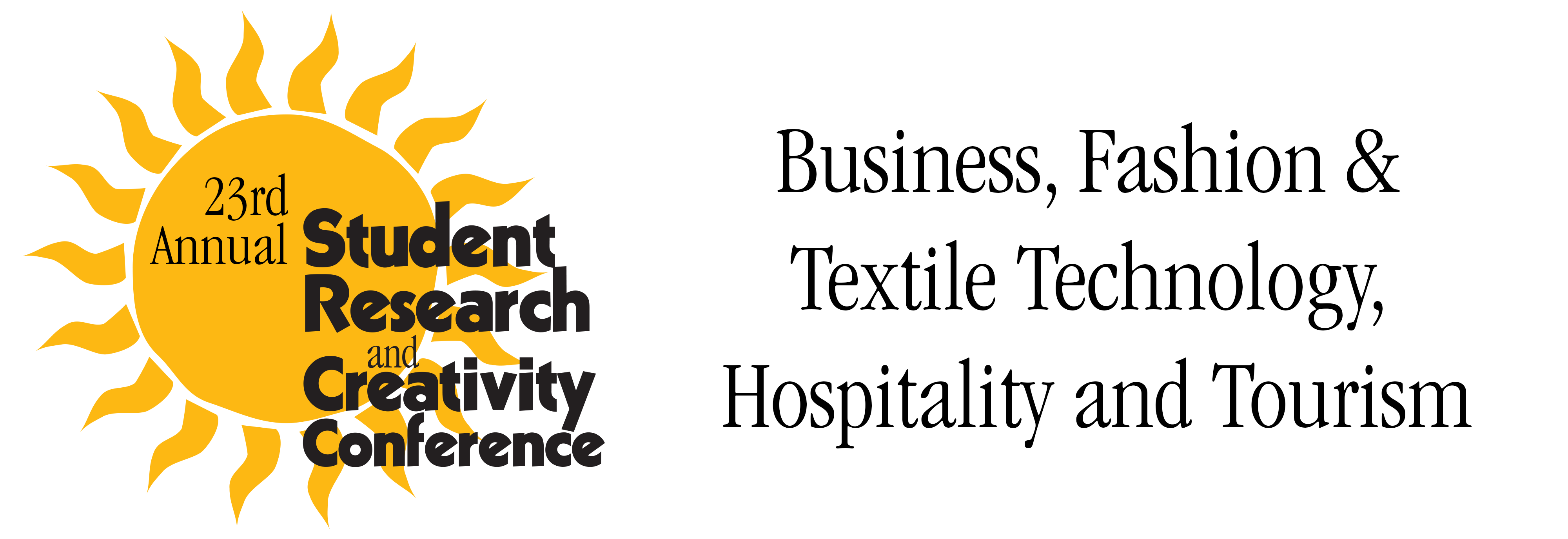
Files
Download Full Text (6.4 MB)
Description
Julianna Kraft, HON400: All College Honors Colloquium
Faculty Mentor(s): Professor Jason Grinnell, Philosophy
During race riots in 1990s France, a young Arab man named Abdel was brutally beaten by police and hospitalized. The film La Haine [Hatred] (1995) follows three friends--Vinz, Hubert, and Saïd--as the young men grapple with the aftermath of the riots, their own identities as minorities, and the ways in which individuals identify themselves and others within those contexts. La Haine explores the complicated relations between race, culture, and class, offering insights that remain relevant to France today. France has spent the past decade confronting a migrant crisis that has spread across Europe, immigration and nationalism were at the forefront of debate during the 2016 French elections, and the question of national identity continues to polarize French politics. I begin by discussing the film's director Mathieu Kassovitz and the genesis of La Haine, then break down each of the film's characters and their struggles with identity. I summarize how France has historically dealt with immigration and assimilation, as well as strengths and weaknesses of current French policy. Finally, I compare the real-life effects of these policies on French society with the social climate portrayed by Kassovitz in his film. I conclude with a discussion of the ultimate question: Is France's assimilation policy creating a greater societal divide?
Publication Date
2021
Recommended Citation
Kraft, Julianna, "La Haine: What Does It Mean to be French?" (2021). Business, Fashion & Textile Technology, Hospitality and Tourism. 16.
https://digitalcommons.buffalostate.edu/srcc-sp21-busfashhosp/16



